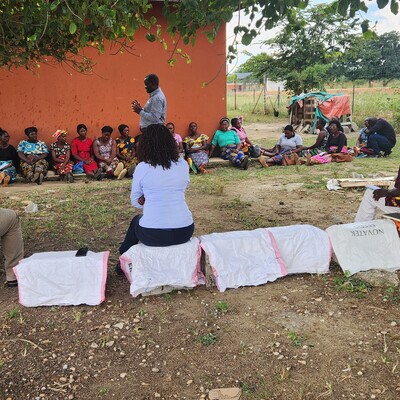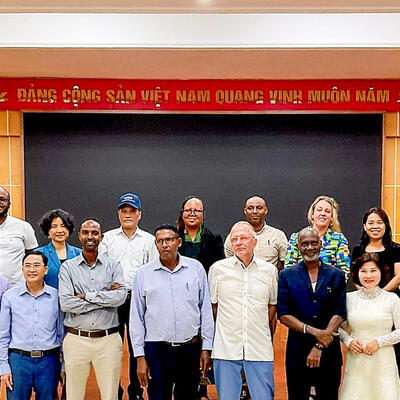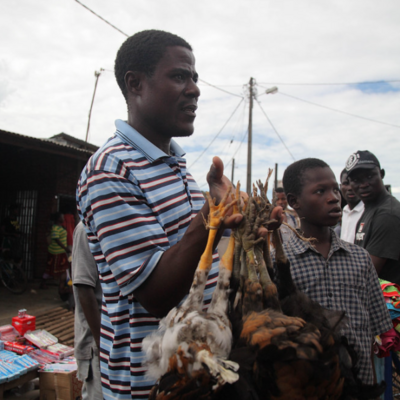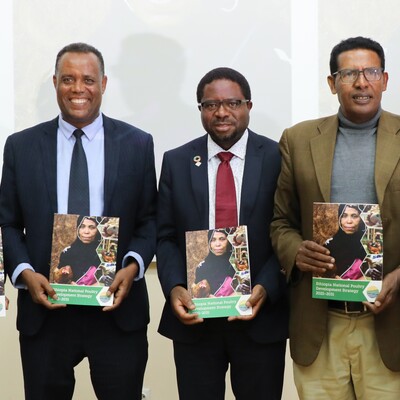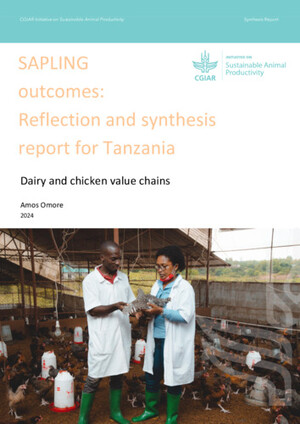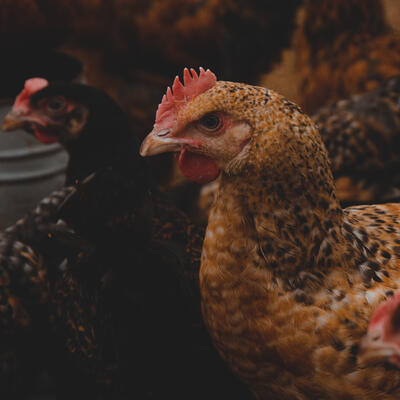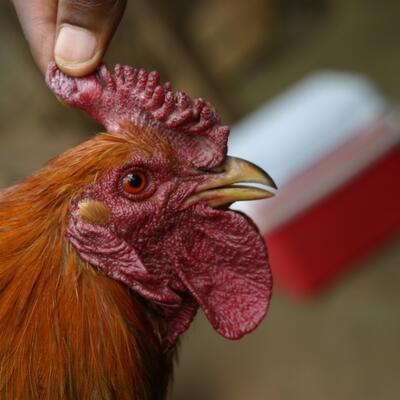
TAAT livestock compact
Technologies for African Agricultural Transformation (TAAT) is a key priority of the African Development Bank’s (AfDB) agenda for agricultural transformation, also known as the Feed Africa Strategy. The goal of this strategy is to adequately feed 150 million people, take 100 million people out of poverty.
To increase the productivity and profitability of the small ruminant and chicken meat & egg value chains through the up and out scaling of proven technologies in livestock genetics, feed, health, production systems and marketing
Livestock supports the livelihood of about 1.3 billion people in developing countries and contributes up to 30 per cent of the agriculture Gross Domestic Product (GDP) of countries in sub-Saharan Africa, mainly through the provision of meat, milk, eggs, wool and hides and skins. Demand for livestock products in sub-Saharan Africa is increasing, rapidly fueled by growing population, urbanization and improved incomes leading to shifts in diets towards high value commodities such as meat and milk. Livestock supports family incomes, food security and gender empowerment. It is a source of readily convertible cash and insurance against crop failure.
The objective of the TAAT livestock compact is to increase the productivity and profitability of small animal value chains through upscaling innovations in livestock genetics, feed, health, production systems, policy and marketing. The TAAT program is expected to unleash the Regional Technology Delivery Infrastructure with an emphasis on innovations cutting across agro-ecological zones.






